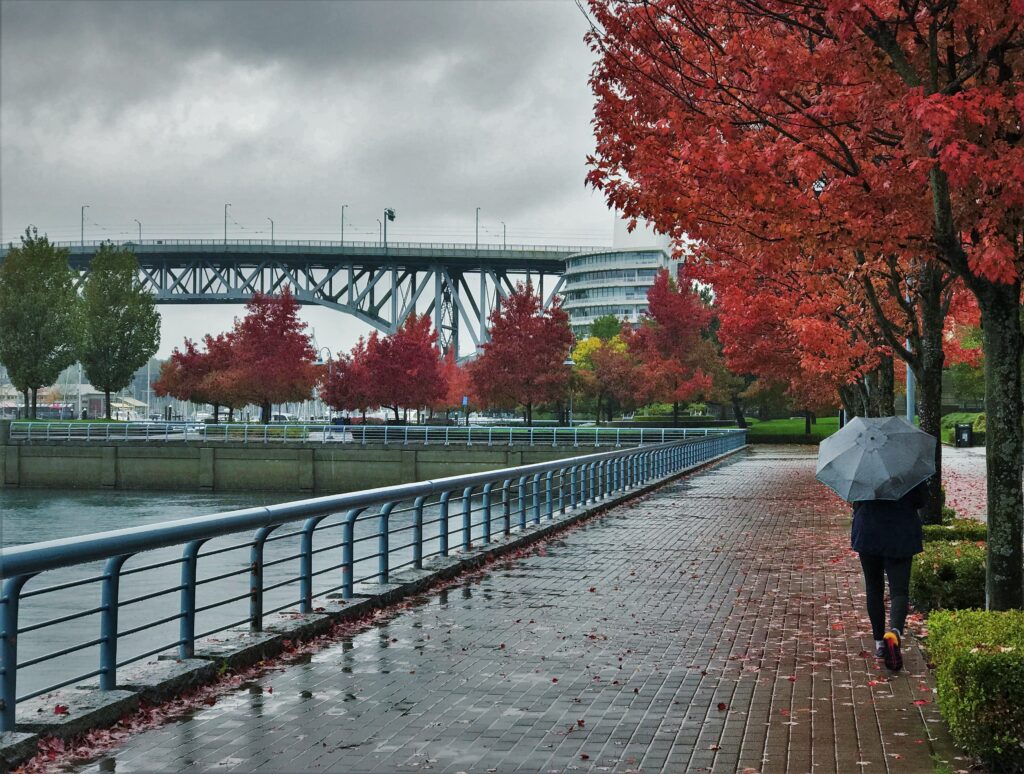
Introduction
The weather in Vancouver is a topic of significant interest among residents and visitors alike. With its unique coastal climate and varied weather patterns, Vancouver offers a vibrant backdrop that directly affects outdoor activities, tourism, and local businesses. As climate change continues to reshape weather norms, understanding Vancouver’s weather intricacies has become more critical than ever.
Current Weather Conditions
As of October 2023, Vancouver is experiencing typical fall weather characterized by mild temperatures and increased precipitation. Daytime highs average around 14°C (57°F), while nighttime lows dip to about 9°C (48°F). This month has already seen a surge in rainfall as the city transitions from the dry summer months to a wetter fall season. According to Environment and Climate Change Canada, the city is expected to receive above-average rainfall for October, with several rainfall warnings issued throughout the month.
Historical Trends
Historically, Vancouver’s weather has been known for being relatively mild, especially when compared to other Canadian cities. The city’s coastal location gives it a temperate climate, with average winter temperatures hovering above freezing and summer temperatures rarely exceeding 30°C (86°F). However, in recent years, significant weather events have raised concerns about climate extremes, including heatwaves in summer 2021, which brought temperatures surpassing 40°C (104°F) in some areas of the region.
Impact of Weather on Daily Life
The weather in Vancouver greatly influences daily life, from outdoor activities to business operations. The wetter months (October to March) often see a rise in indoor activities, with an increased patronage in cafes, galleries, and theaters. Conversely, the summer months attract tourists and locals to enjoy the city’s parks, beaches, and outdoor events. Local businesses geared towards tourism tend to benefit from drier weather, while the wet season provides opportunities for businesses in the home improvement and indoor entertainment sectors.
Looking Ahead: Future Forecasts
Forecasters warn that Vancouver may continue to experience heightened rainfall due to climate change, leading to challenges such as increased flooding risks and landslides. The city has been proactive in developing climate adaptation strategies to mitigate the impact of severe weather. Moving forward, residents can expect continued monitoring of weather patterns and potential adjustments in local regulations as extremes become the norm.
Conclusion
In summary, Vancouver’s weather remains a critical aspect of life within the city, shaping the lifestyle, economy, and environment. With shifting patterns due to climate change, staying informed about current weather conditions and forecasts will be essential for residents and visitors alike. As we witness these changes, adapting to and understanding Vancouver’s unique weather dynamics will be crucial for future planning and daily activities.



